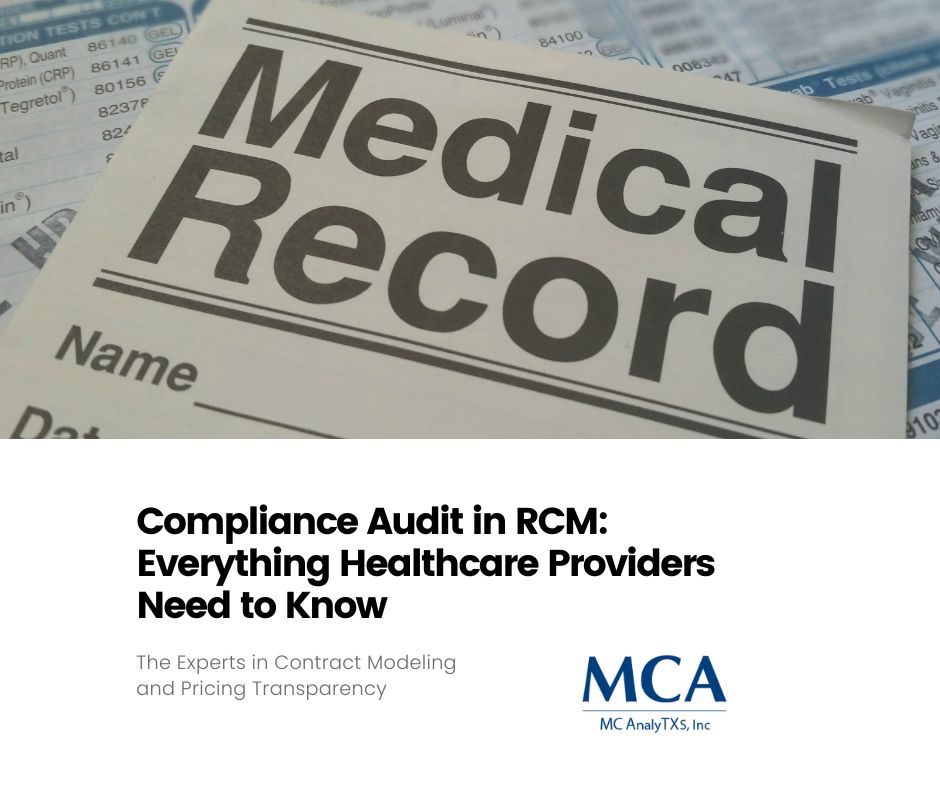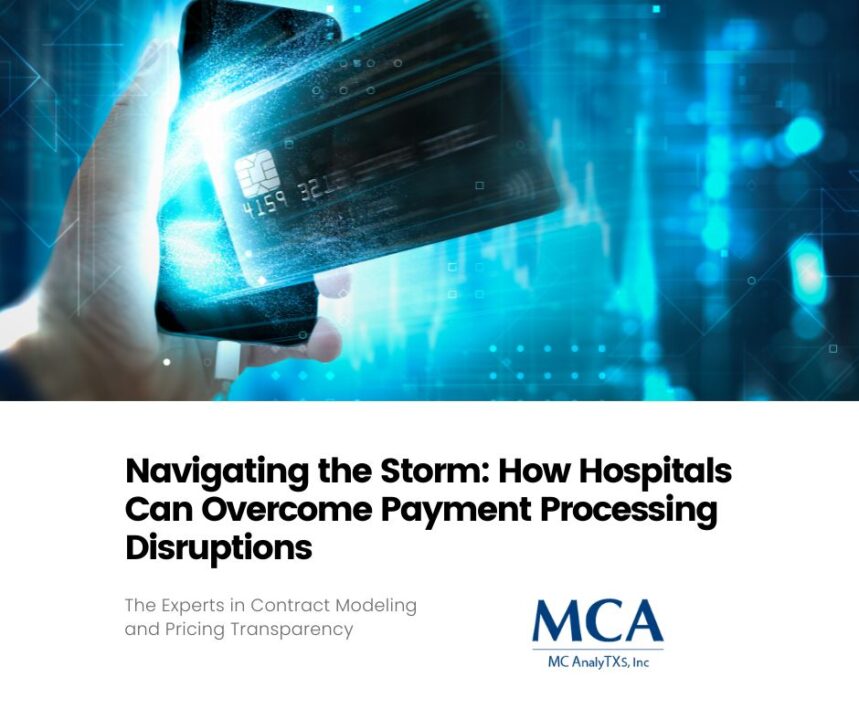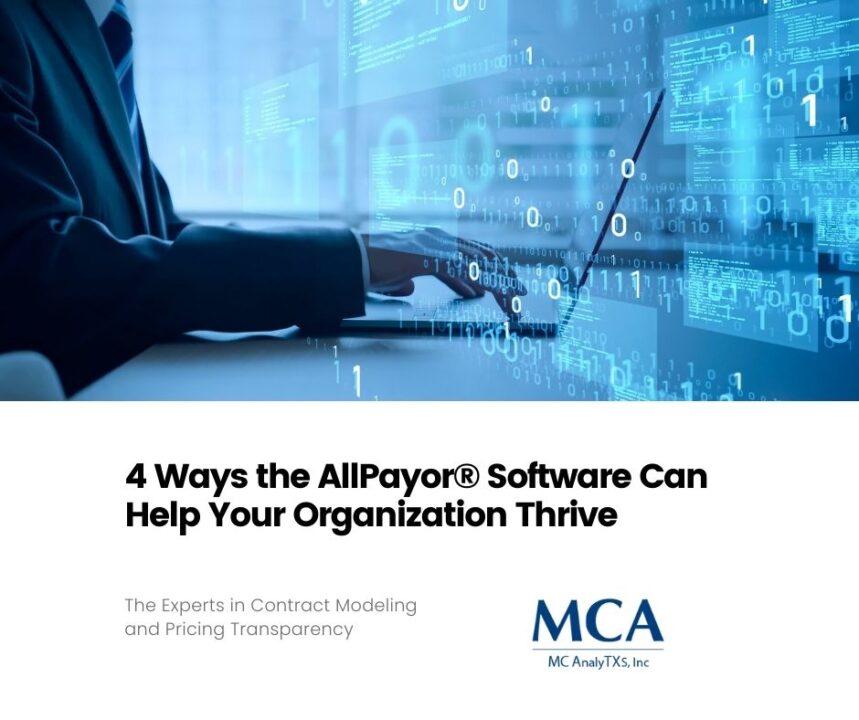
Contractual Allowance in Healthcare: What You Need to Know
April 30, 2024
Patient Pricing in Healthcare RCM: What You Need to Know
May 7, 2024At the heart of RCM, compliance audits emerge as essential tools ensuring that practices adhere to legal and ethical billing codes and regulations. This article unfolds the critical aspects of compliance audits in RCM, offering healthcare providers valuable insights into adhering to standards, avoiding penalties, and enhancing overall RCM efficiency.
Introduction to Compliance Audits in Revenue Cycle Management (RCM)
Revenue Cycle Management is the financial process that healthcare facilities use to track patient care episodes from registration and appointment scheduling to the final payment of a balance. RCM integrates the business and clinical sides of healthcare by combining administrative data, such as a patient’s name, insurance provider, and other personal information, with the patient’s treatment and healthcare data.
Compliance audits in RCM are systematic reviews designed to verify the adherence of a healthcare provider’s billing practices to various regulations and standards. These audits are crucial for detecting inaccuracies and inconsistencies in billing, protecting against fraudulent claims, and ensuring that healthcare facilities operate within the law.
The Importance of Compliance Audits in RCM
The consequences of non-compliance in healthcare are severe, ranging from hefty financial penalties to significant reputational damage and even criminal charges. Compliance audits are a proactive measure to identify and address any discrepancies in the billing process. By doing so, they protect healthcare providers from the ramifications of inadvertent errors or deliberate fraud.
Key Elements of a Compliance Audit
A thorough compliance audit involves several key steps:
- Risk Assessment: Identifying areas of highest billing risk.
- Audit Planning: Determining the audit’s scope, objectives, and methods.
- Testing: Examining selected data to identify compliance issues and anomalies.
- Reporting: Documenting the findings and recommendations of the audit.
Effective compliance audits rely heavily on meticulous documentation and robust internal controls, ensuring that all aspects of the billing process are transparent and verifiable.
Best Practices for Healthcare Providers in Compliance Audits
To foster a culture of compliance, healthcare providers should:
- Establish a comprehensive compliance program, incorporating training for all staff members.
- Regularly update billing procedures to reflect current laws and regulations.
- Engage in continuous monitoring and auditing of billing practices.
- Prepare meticulously for external audits by having clear, organized documentation ready for review.
Technology and Compliance Audits in RCM
Modern technology plays a significant role in enhancing the efficiency and effectiveness of compliance audits. RCM software and data analytics tools can automate many auditing tasks, allow for real-time monitoring of billing practices, and provide insights into potential areas of risk. The future of compliance audits in RCM will likely see increased integration of AI and machine learning technologies, further streamlining the audit process and enhancing accuracy.
Conclusion
For healthcare providers, the stakes of compliance in RCM cannot be overstated. Engaging in regular compliance audits is not just about avoiding penalties; it’s about ensuring the integrity of the billing process, safeguarding patient trust, and maintaining the financial viability of healthcare practices. As we move forward, leveraging technology and adhering to best practices in compliance audits will be integral to thriving in the complex healthcare landscape.
To receive a personalized compliance audit from our team of experts contact us today!





